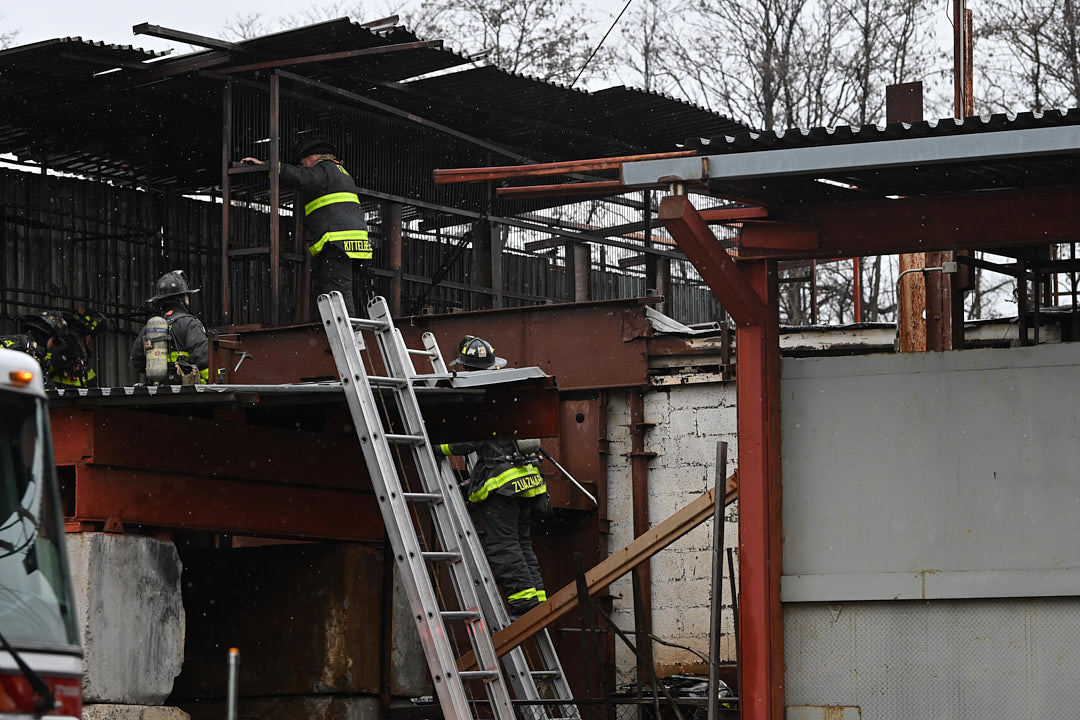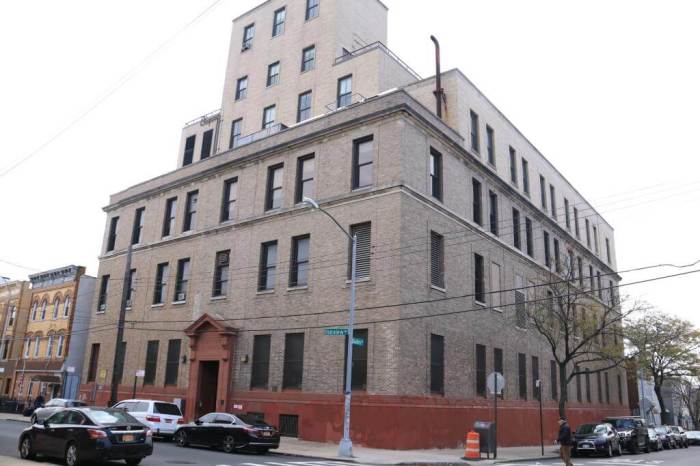A Bronx woman is suing the city after she was shackled by NYPD officers while giving birth — a practice that is illegal in New York.
The woman, identified in the lawsuit as Jane Doe, was nine months pregnant with a due date of Feb. 9 when she was arrested in the Bronx on Feb. 7 over a misdemeanor criminal charge filed by an ex-partner, says her lawsuit filed in Federal District Court in Manhattan on Thursday.
"There was no urgent need to arrest Plaintiff that day by any stretch of the imagination," the lawsuit states.
The arresting officers, knowing she was pregnant, put the woman in handcuffs even though she did not resist or refuse their demands, the lawsuit claims. One arresting officer noted in the police report that the woman was nine months pregnant.
At no point before her arrest did the NYPD contact her and offer the opportunity to turn herself in, the lawsuit says.
After going into labor while in custody at the 47th Precinct in the northern Bronx, the woman’s birthing plan, agreed upon with an obstetrician at Bronx Lebanon Hospital, was essentially tossed aside. Instead, she was shackled at the wrists and ankles by NYPD officers before, during and after giving birth to her daughter at Montefiore Medical Center, the lawsuit claims.
Whenever medical personnel demanded that the restraints be removed, citing state law and the health risks for the woman and her baby, the officers refused, the lawsuit says, arguing they were following protocol outlined in the NYPD Patrol Guide.
At one point, the lawsuit alleges an NYPD sergeant told doctors that department policy on shackling patients superseded state law.
Shackling pregnant women during childbirth has been banned in New York State since 2009, but the practice appears to persist. A study released by the Correctional Association of New York in 2015 found that 23 out of 27 women reported being shackled during childbirth despite the law.
The prohibition was extended to all stages of pregnancy and postpartum recovery in 2015.
About 10 minutes before giving birth, at the urging of medical staff, an officer removed the woman’s ankle shackles and uncuffed one hand. She delivered her baby with one wrist still handcuffed to the bed, per the lawsuit, and was shackled for several hours after giving birth until she was arraigned via video conference.
It was a traumatizing ordeal that lasted 30 hours and left the woman with anxiety and panic attacks, as well as reoccurring nightmares about being shackled and losing her baby, according to the lawsuit.
Nick Paolucci, a spokesman for the city’s Law Department, said the lawsuit was being reviewed.
"We are examining these allegations very carefully. We will have no further comment before all the facts are in," Paolucci said in an emailed statement.
Shackling pregnant women during childbirth is widely opposed by medical and incarceration experts, including the American Medical Association, the Federal Bureau of Prisons, the U.S. Marshals Service, the American Correctional Association, the American College of Obstetricians and Gynecologists, and the American Public Health Association.
In 2010, the AMA issued a policy against shackling, arguing that “freedom from physical restraints is especially critical during labor, delivery, and postpartum recovery,” and that “restraints on a pregnant woman can interfere with the medical staff’s ability to appropriately assist in childbirth or to conduct sudden emergency procedures.”
After learning of the lawsuit, City Councilman Ydanis Rodriguez urged Councilman Donovan Richards, who chairs the Public Safety Committee, to investigate the allegations and schedule a hearing.
"The reported facts should be fully investigated and if true, those responsible should be held fully accountable and face the consequences of their actions," Rodriguez said in an emailed statement Friday. "Incarcerated women deserve humane and considerate treatment while bringing a new life into this world, and being handcuffed during labor is a cruel and demeaning practice that poses serious health risks."































